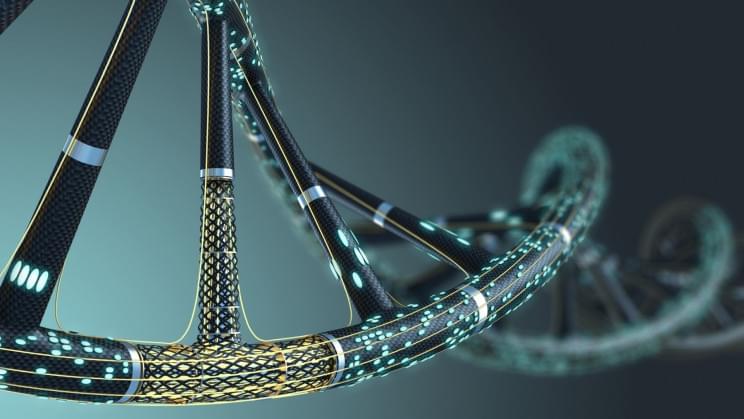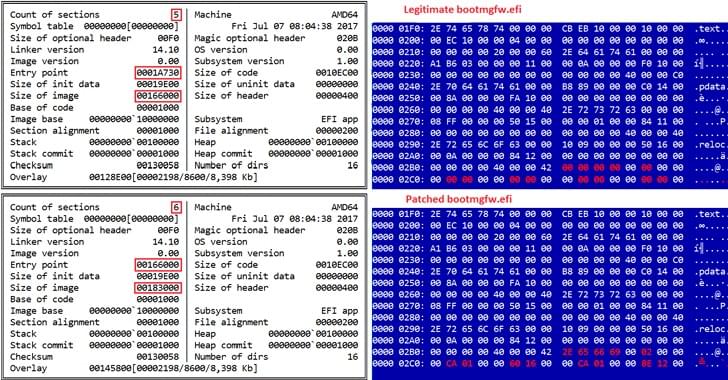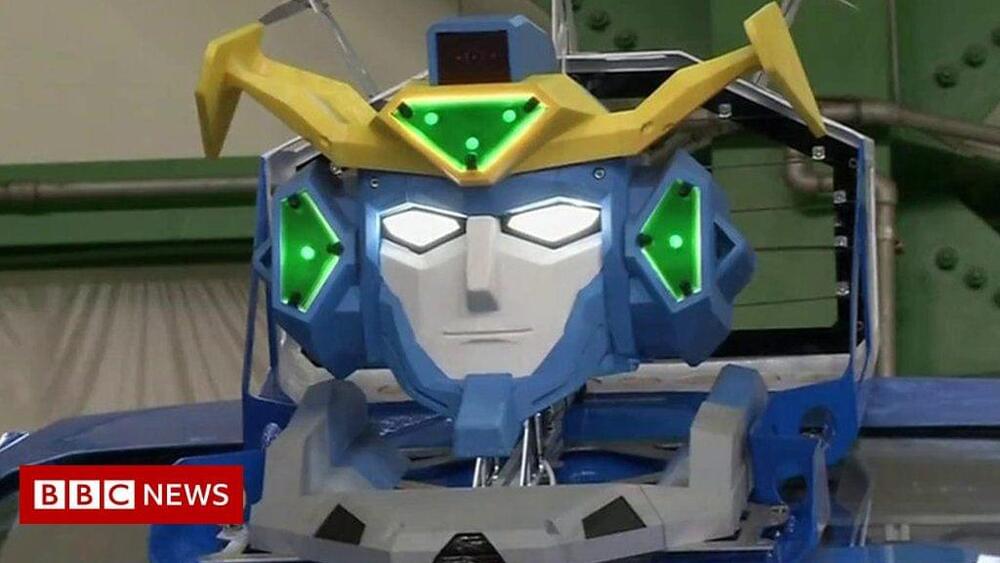In a new paper, the researchers explain how the robot can impressively locate and retrieve an item, even if it is covered by other objects and completely out of view of the main camera. All the robot’s owner has to do is attach RFID tags — cheap, battery-free tags that send signals to the antenna — to their valuable possessions.
“This idea of being able to find items in a chaotic world is an open problem that we’ve been working on for a few years. Having robots that are able to search for things under a pile is a growing need in industry today. Right now, you can think of this as a Roomba on steroids, but in the near term, this could have a lot of applications in manufacturing and warehouse environments,” senior author Fadel Adib explained in MIT’s statement.






